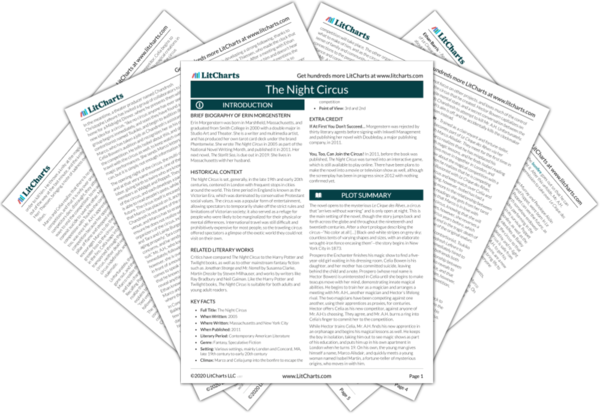This first meeting between Prospero (Hector) and his daughter sets the tone for their relationship going forward. He is completely uninterested in her as a person, and can only view her as a valuable tool in his rivalry with his friend and fellow magician. Magic will be the only thing that connects Celia to her father throughout her life, and this initial anger she feels towards him will always be a central part of that relationship as well. Meanwhile, the comment about how Celia should have been named “Miranda” is an allusion to Shakespeare’s
The Tempest, in which Miranda is the daughter of an enchanter named Prospero.
